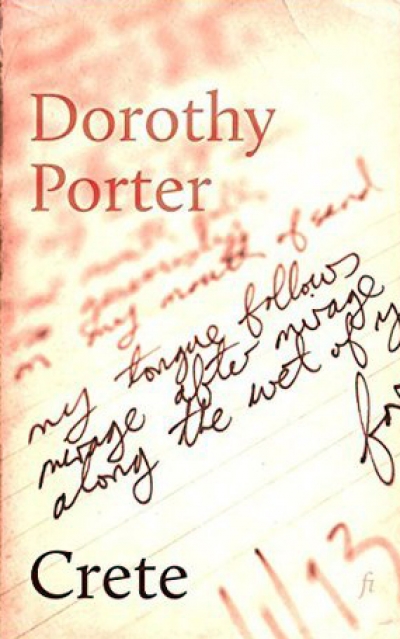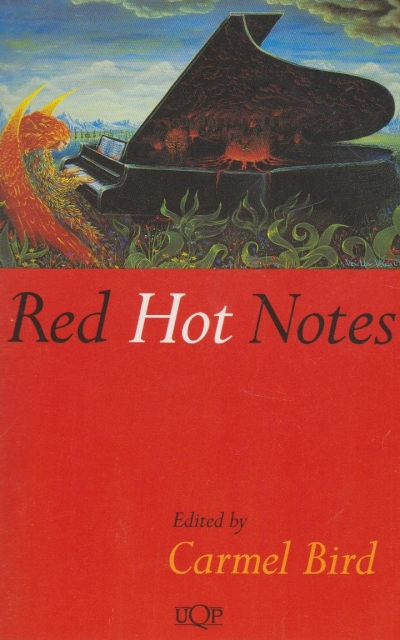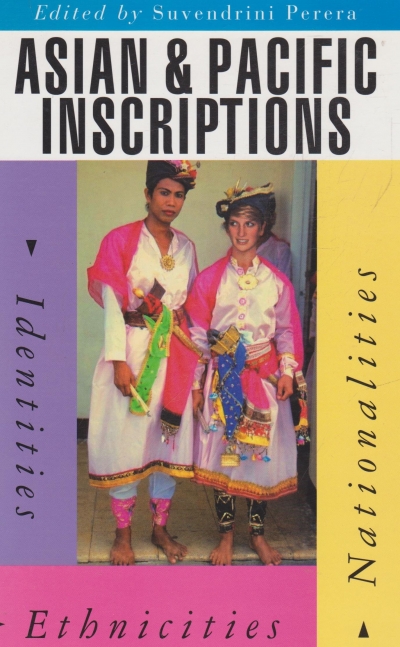Archive
The Empire Fractures: Anglo-Australian Conflict in the 1940s by Christopher Waters
Ivor Indyk reviews poetry by Karen Attard, M.T.C. Cronin, Lisa Jacobson, Peter Minter, Sue L. Nicholls, and Mark Reid
These six poetry titles represent the third series of New Poets to be published by Five Islands Press. Each title runs to exactly thirty two pages – no more, no less. It is, in a sense, a mini-collection, or a semi-collection, midway between a reading and a book. The series as a whole is therefore like a showcase of new talent – you applaud some of the poems, and get impatient with others, much as you do with the poets themselves. This is a good thing – it presents poetry as the provisional affair it really is, most of the time, for poet and reader alike.
... (read more)The French literary world was agog last year with the news of the awarding of two prestigious prizes, the Prix Goncourt and the Prix Medicis, to a novel called Le Testament Français, by a writer called André Makine. The unusual nature of the novel is that it was written in the most beautiful, yet freshly distinctive French by a man whose maternal tongue is not French at all, but Russian.
... (read more)







